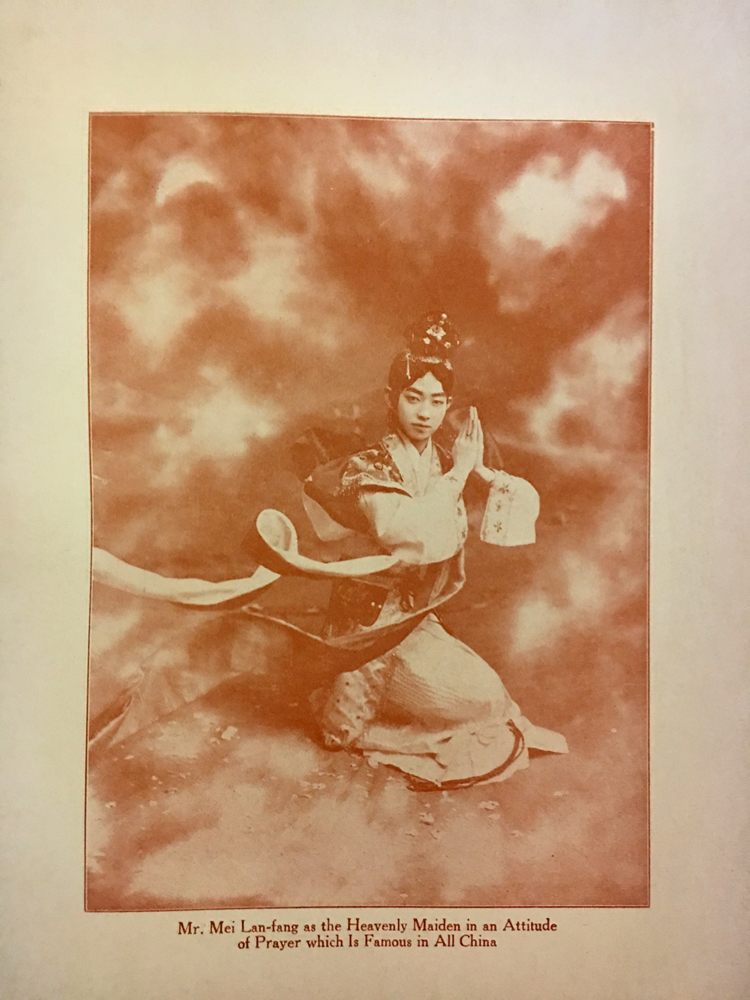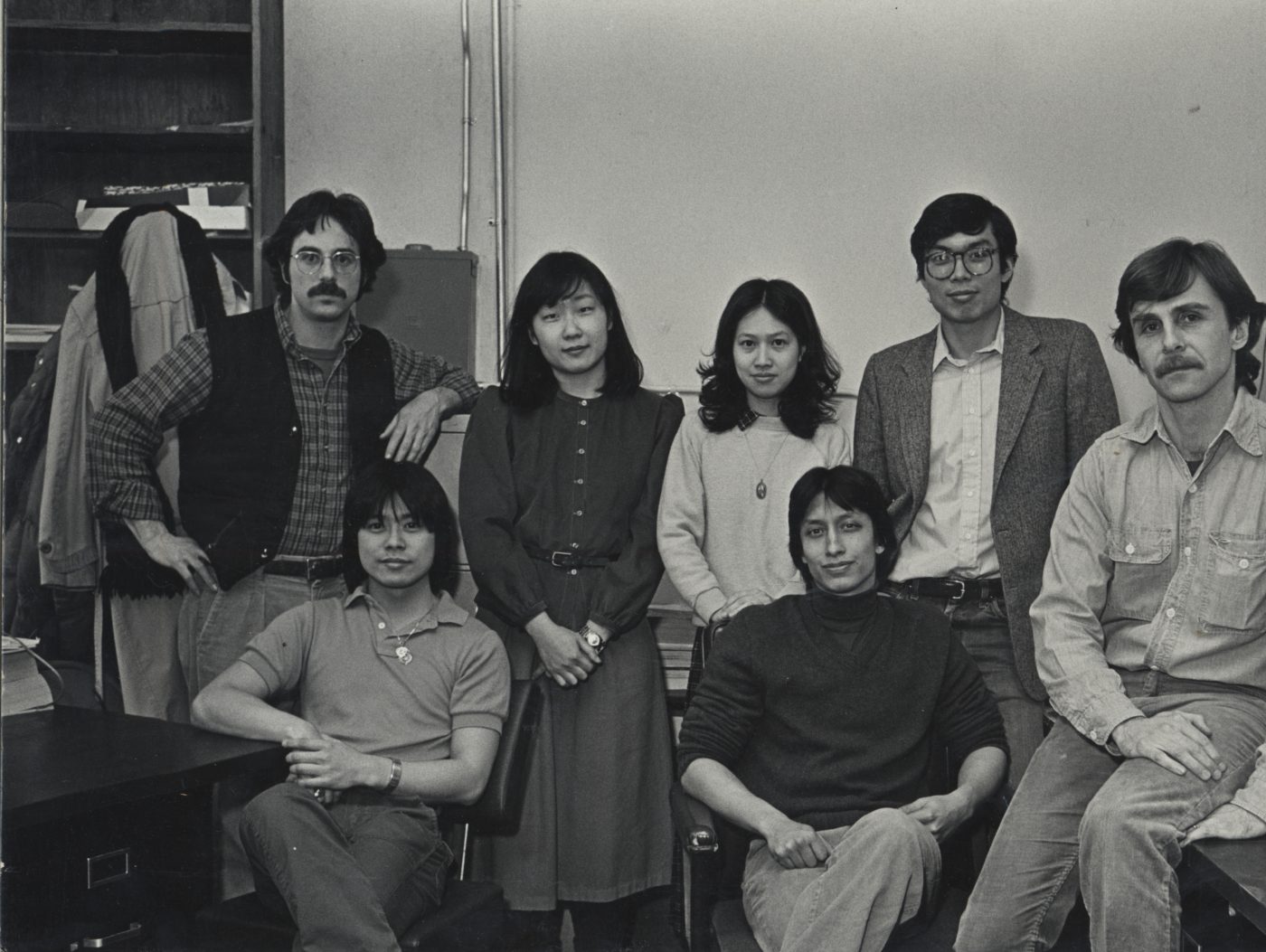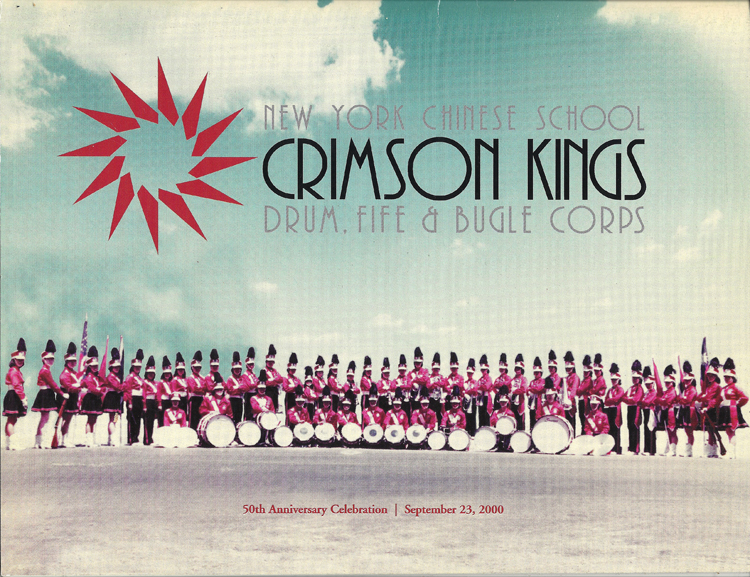Collections馆藏Collections馆藏Collections馆藏Collections馆藏Collections馆藏Collections馆藏Collections馆藏Collections馆藏Collections馆藏Collections馆藏Collections馆藏Collections馆藏Collections馆藏Collections馆藏Collections馆藏Collections馆藏Collections馆藏Collections馆藏Collections馆藏Collections馆藏Collections馆藏Collections馆藏Collections馆藏Collections馆藏Collections馆藏Collections馆藏Collections馆藏Collections馆藏Collections馆藏Collections馆藏Collections馆藏Collections馆藏Collections馆藏Collections馆藏Collections馆藏Collections馆藏Collections馆藏Collections馆藏Collections馆藏Collections馆藏Collections馆藏Collections馆藏Collections馆藏Collections馆藏Collections馆藏Collections馆藏Collections馆藏Collections馆藏Collections馆藏Collections馆藏Collections馆藏Collections馆藏Collections馆藏Collections馆藏Collections馆藏Collections馆藏Collections馆藏Collections馆藏Collections馆藏Collections馆藏Collections馆藏Collections馆藏Collections馆藏Collections馆藏

31 May 2019 Posted.
Mei Lan-Fang: Foremost Actor of China by George Kin Leung, 1929, Museum of Chinese in America (MOCA) CMTA Collection.
《梅兰芳:中国最优秀的演员》,作者梁社乾,1929年出版,美国华人博物馆(MOCA)中国音乐剧社馆藏
Mei Lanfang was one of Chinese modern theater’s most famous Peking opera stars and the first to begin spreading the art form abroad. Mei was born in Beijing in 1894 to a family of Peking opera and Kunqu performers. He began training in Chinese opera skills at age 8 and made his stage debut by 11. Mei was most famous for his refined portrayals of female characters, earning him the nickname “Queen of Peking Opera.”
Mei forged friendships with and influenced his Western contemporaries during cultural exchanges; these included Charlie Chaplin, Douglas Fairbanks, and playwright Bertold Brecht. When Japan occupied Beijing in 1937, Mei was made a high ranking official and ordered by the Japanese Army’s commander to perform for them, but Mei refused to sing until the end of the war, descending into impoverishment. After 1949, Mei continued his legacy as director of the China Beijing Opera Theater, the Chinese Opera Research Institute, and the vice-chairman of China Federation of Literary and Art Circles.


